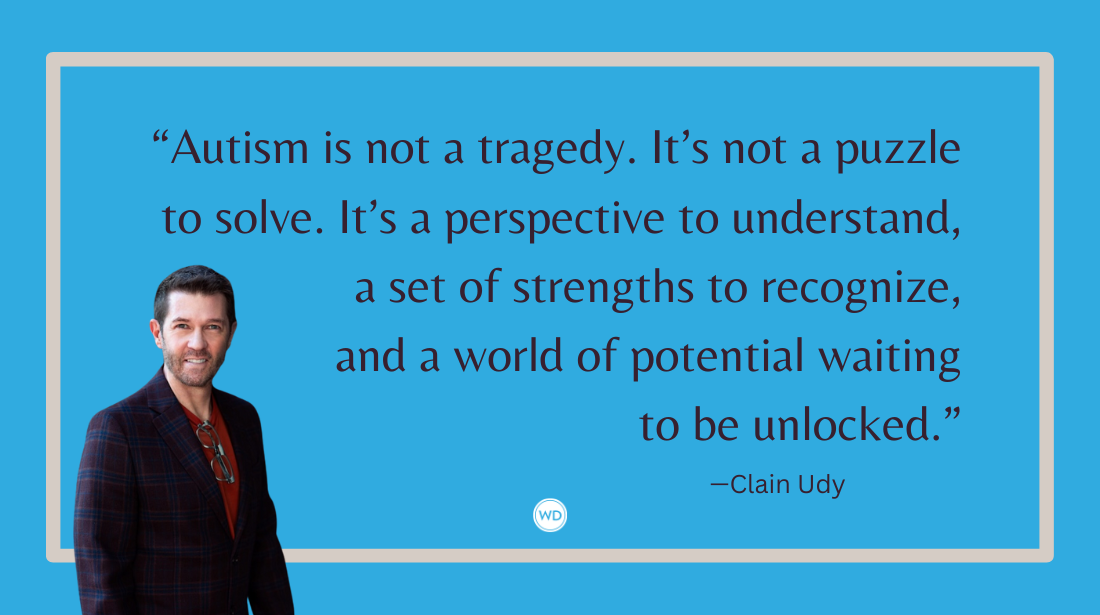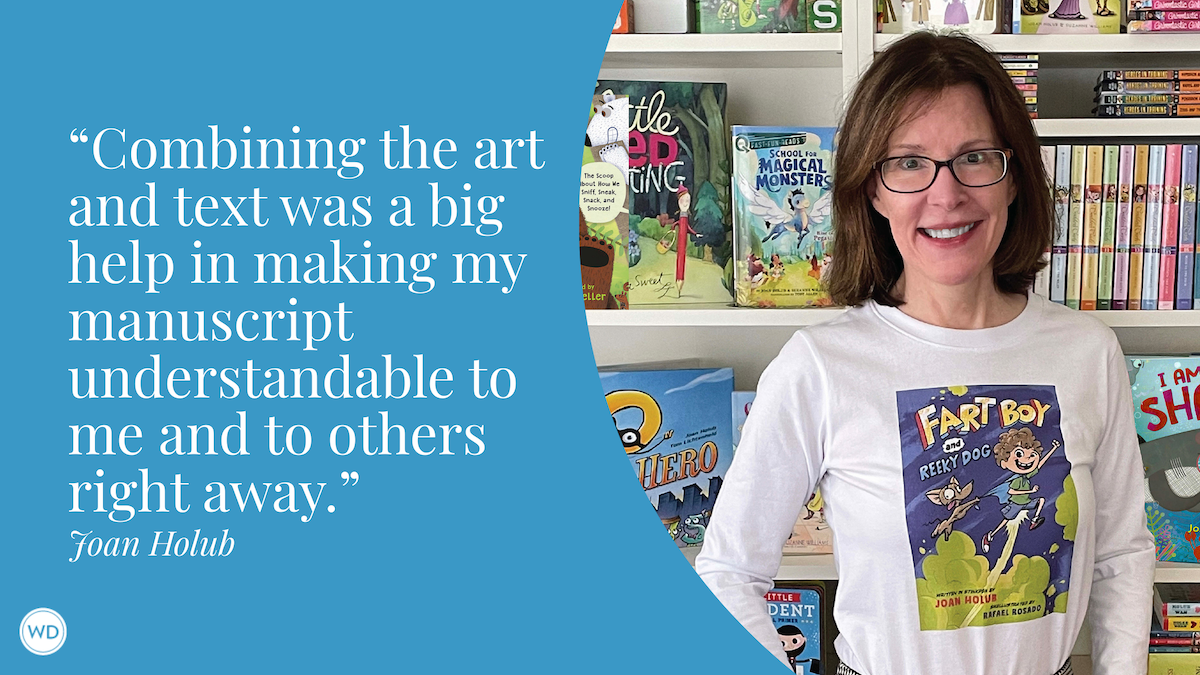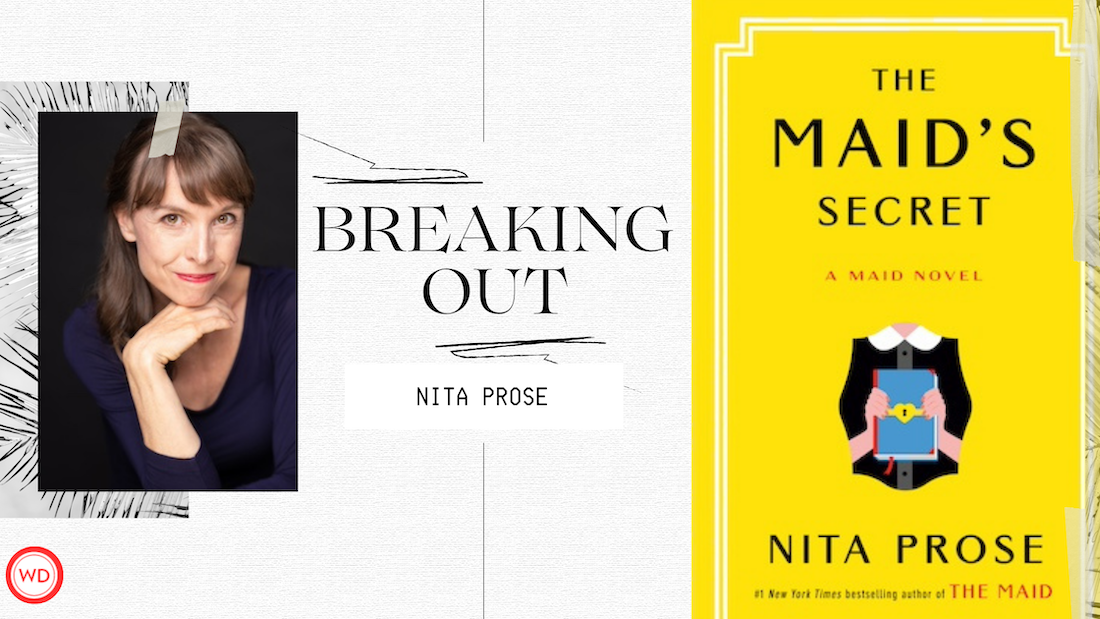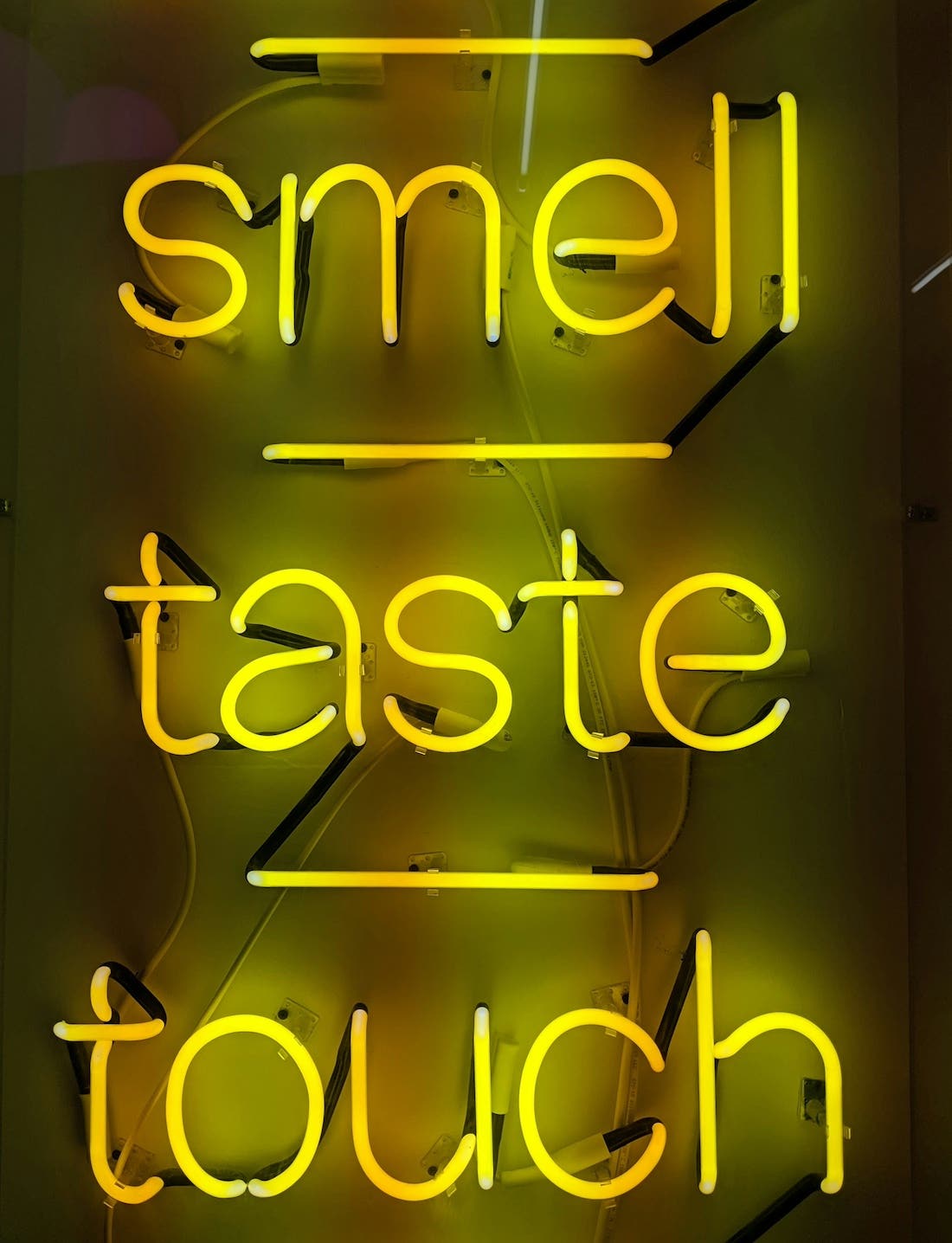Noreen Masud: On Finding Humor in the Absurdity of Life
Lecturer Noreen Masud shares her experience of writing a memoir about flat places, her CPTSD journey, and finding humor in the absurdity of life.
Noreen Masud is a Lecturer in Twentieth Century Literature at the University of Bristol, and an AHRC/BBC New Generation Thinker 2020. Her work focuses on the 20th century, writing about things which, in one way or another, present variously as absurd, unrevealing, embarrassing, or useless. These include aphorisms, flatness, puppets, nonsense, leftovers, earworms, footnotes, rhymes, hymns, surprises, folk songs, colors, and superstition. Follow her on Twitter and Instagram.
In this interview, Noreen Masud shares her experience of writing a memoir about flat places, her CPTSD journey, and finding humor in the absurdity of life.
Name: Noreen Masud
Literary agent: Matt Turner, RCW Literary Agency
Book title: A Flat Place
Publisher: Melville House (US), Hamish Hamilton [Penguin] (UK)
Release dates: June 6, 2023 (US), April 27, 2023 (UK)
Genre/category: Memoir
Elevator pitch for the book: How do we tell stories from our pasts which don’t want to be told—stories in which nothing seems to have ‘happened,’ but which still haunt us unendingly? In my memoir-travelogue A Flat Place, I use the flat landscapes of Britain and Pakistan to tell the story of a strange life, leveled, and electrified by complex post-traumatic stress disorder (CPTSD).
What prompted you to write this book?
I’ve long thought flat landscapes were beautiful and breathtaking; I’m also writing an academic book of literary criticism about flat landscapes in early 20th century literature. When I became a New Generation Thinker in 2020—part of a UK scheme to get early-career academics on the radio—my agent Matt introduced himself to me and asked if I’d like to write a trade book on flat landscapes, on which I’d pitched a radio program.
This quickly became a memoir as well as a travelogue: The connections between flat landscapes and complex post-traumatic stress disorder revealed themselves with rapid and startling clarity.
How long did it take to go from idea to publication? And did the idea change during the process?
The time between my agent getting in touch with me, and publication, was about three years. During that time, my agent and my editor supported me so wonderfully—this is my first trade book (I do a lot of academic writing but that’s quite different) and we went back and forth with each other about exactly what shape the book might take.
It was my agent who identified my CPTSD as the ‘missing link’ between the landscapes I described, and the strange ways I reacted to them; my editor trimmed out a lot of the poetry, and the poetry analysis, that I like to put in, but which isn’t necessarily interesting to other people! So it started out as a more factual book, and one with a lot of crossover with literary criticism: By the end, it was firmly memoir, but balanced with poetry and history in a way I like.
Were there any surprises or learning moments in the publishing process for this title?
For me, it was all learning and all surprising, because I’m so new to trade writing! If I’m being perfectly honest, the most surprising thing was, and is, that anyone wanted to publish this book at all.
I was staggered to discover that lots of people did—in the UK there was a five-way auction for it. My CPTSD means that the world around me often feels unreal; being lucky enough to be supported to tell this story might be the most surreal thing that has ever happened to me.
Were there any surprises in the writing process for this book?
After workshopping one chapter over and over again with my agent—and that was fiendishly hard!—I think I wrote one draft of the whole book except one chapter, got feedback from my editor, and then added the last chapter, got another round of feedback, and redrafted. I think what’s surprising, looking back, is how much—once we’d got past that difficult first chapter!—the book cooperated with me. I agonize a lot about my academic writing—whether it’s clear, and logical, and incisive, and rich, and saying something decisively new.
And I’m not saying that A Flat Place was all easy to write, or that it just flowed out without trouble. But something in me had been so desperate, for so long, to put my life into a stable narrative form which I could accept—which made what had happened in my life tangible and real to me—that I could just get on with it, and trust that what came out would be good enough. Not all of it, and not perfect first time, but it would be good enough to work with.
What do you hope readers will get out of your book?
I hope readers get what they need out of the book. Maybe, for them, that’s a chance to see flat landscapes differently: whether that’s the prairies of the US or the polders of the Netherlands. Or they might need to feel seen by someone else with CPTSD, or someone else who’s grown up between cultures, or someone who’s mixed-race or estranged from a parent or queer in the same odd, difficult, particular way as me. I do really hope that it’s a book which queer people and people of color will like; I wrote about aspects of those experiences which I haven’t really seen anywhere else.
But I think I hope most of all that the book makes people laugh, because life is very very funny, in its dry way. Two things help me cope with life: Trying to give it form, through narrative, and trying to make it funny.
If you could share one piece of advice with other writers, what would it be?
The words that come directly to hand—based on what we’ve read, what we’ve heard, what sounds good or impressive on one level—might not be the right ones for you: the ones which say what only you can say, in the way only you can say it.
Writing, for me, involves listening hard for the quiet little voice inside us, which we’ve been taught to ignore, which has sometimes even given up speaking at all. It’s the voice we had when we were a child, which sees things in a totally new and beautiful way, but which got laughed at or shamed into silence.
Listen for that voice. Don’t be satisfied with writing which comes from anywhere else.
Robert Lee Brewer is Senior Editor of Writer's Digest, which includes managing the content on WritersDigest.com and programming virtual conferences. He's the author of 40 Plot Twist Prompts for Writers: Writing Ideas for Bending Stories in New Directions, The Complete Guide of Poetic Forms: 100+ Poetic Form Definitions and Examples for Poets, Poem-a-Day: 365 Poetry Writing Prompts for a Year of Poeming, and more. Also, he's the editor of Writer's Market, Poet's Market, and Guide to Literary Agents. Follow him on Twitter @robertleebrewer.








